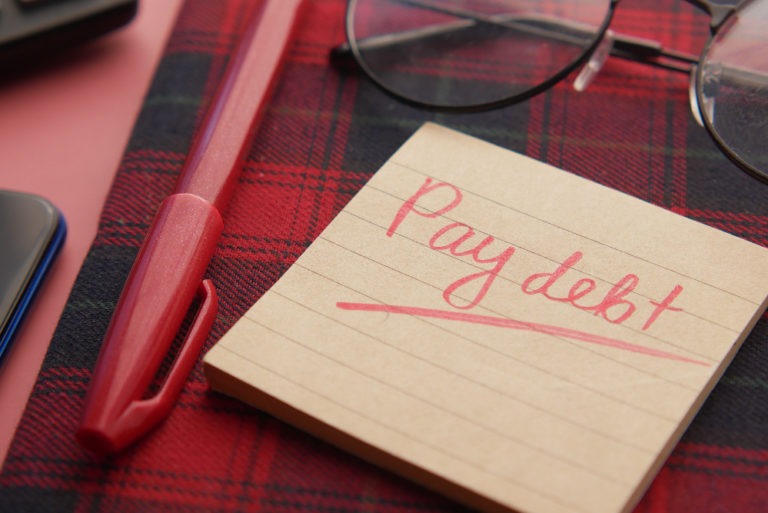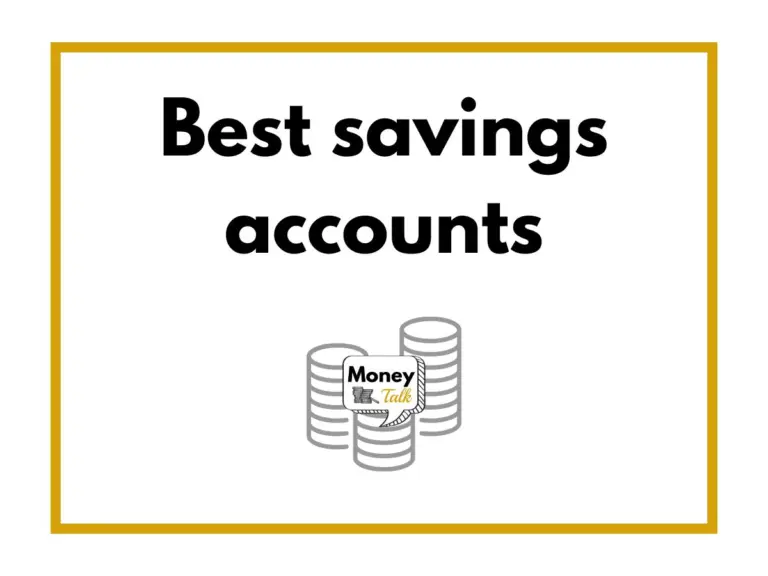6 things to do to get yourself out of debt
Money Talk is intended to inform and educate; it's not financial advice. Affiliate links, including from Amazon, are used to help fund the site. If you make a purchase via a link marked with an *, Money Talk might receive a commission at no cost to you. Find out more here.
If you’re struggling with problem debt, one of the first things you should do is go to a debt charity for debt advice.
They’ll be able to offer tailored advice to suit your circumstances, and point you towards products for making debt more manageable.
However, there are also things you can do to help get yourself out of debt – or even to avoid debt in the first place.
Here are some things to consider.
It’s important to note that the following suggestions assume you haven’t reached a crisis point.
That means you’re struggling to cover all your basic expenses, or have a commercial debt (other than a mortgage) that’s significantly bigger than your annual salary and that you’re struggling to meet the interest payment on.
If any of these are true for you, a debt adviser would be better placed at offering you tailored advice for your situation.
Create a budget – and stick to it
Creating a budget is one of the best things you can do to manage your finances.
If nothing else, it’ll give you a clear overview of what your income and expenditure situation is like so you can see what areas need to be addressed.
Once you have your budget though, and especially if it’s a restrictive one to help you save money/pay off debt, it’s important to stick to it.
Knowing how to manage your spending can certainly help, but I’ve also found that no spend challenges can be an easy way to reset your approach to money.
Check if you’re eligible for any benefits
Policies and eligibility around benefits are changing all the time, and so are your circumstances.
So even if you don’t think you’re eligible for anything, it’s worth double checking to see whether there’s anything you don’t know about available to you.
The government has a list of benefits calculators that you can use to quickly check online.
Other types of support
Even if you’re not eligible for any benefits, you may still be able to get financial support.
These could come in the shape of grants, rebates or discounts. The Warm Home Discount is an example of this.
The government has a list of the main ones but it might also be worth contacting your local council to find out what’s available in your area.
Citizens Advice is a great alternative, and they can also suggest additional resources.
Talk to your debtors
Whether it’s your bills or your credit card debt, most companies have a procedure in place for if you can’t afford to pay for whatever reason.
Having a conversation with them first can really open up the possibilities.
It might be that they would be happy to waive fees for a late payment, or temporarily reduce your interest rates.
In the case of mortgages, you can sometimes ask for them to extend the term of your mortgage and therefore reduce the amount you have to pay back each month.
This might be especially helpful if the change in your circumstances is expected to be only temporary, like if you’ve been made redundant.
Make sure you understand the cost implications though, as in some cases it means you’ll owe more money in the long run, but will have temporary breathing space to get back on your feet.
Read this: How the Debt Respite Scheme works
Plan ahead
Having a budget is great for short-term money management but it’s also worth planning ahead to help eliminate financial shocks.
For example, if you know your washing machine has been going strong for 20 years, but has been struggling lately, you might want to set money aside for a new one.
Or if you’re freelancing and you know there’s usually a seasonal lull, get a plan B in place.
An emergency fund can help smooth out some of those kinks but realistically if you keep falling back on it, it’s hard to move forward with your finances, especially if you want to achieve some form of financial freedom.
As for how long to plan ahead, it of course depends on your circumstances and what you want to achieve but pencilling in something for the next five, 10 or even 20 years wouldn’t hurt.
The caveat being of course that you’ll change your plans over time.
Read this: How to create your own financial plan
Overpay your debts – if you can
If you have any sort of debt, it literally pays to pay it off as soon as you can as it will reduce the amount of interest you pay in the long term.
This is one of the reasons why I choose to overpay on my mortgage – it’ll cost me less in the long run and I’ll have more control over my money when there’s a smaller debt to repay.
Double check though whether there are any penalties associated with repaying your debts early.
If so, it might be worth setting that money aside in a separate account so you can pay off the balance as soon as you’re able to.
This post was originally published in July 2022. It was updated in January 2025.
Pin this for later








